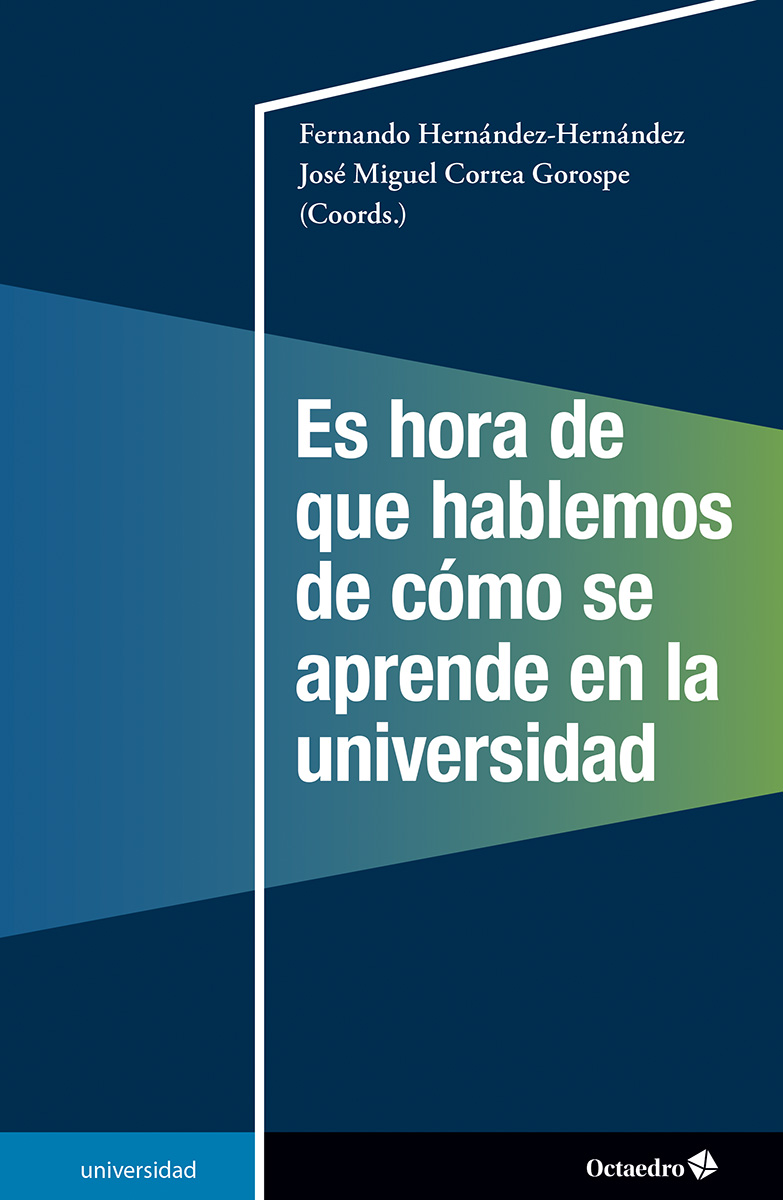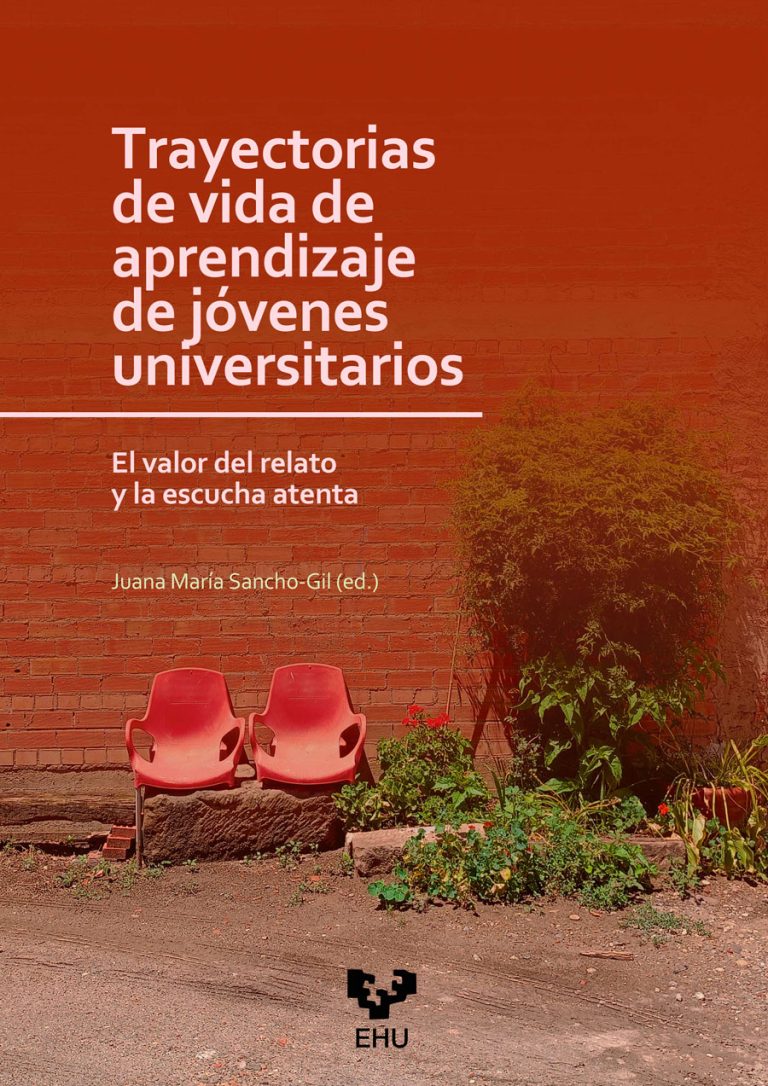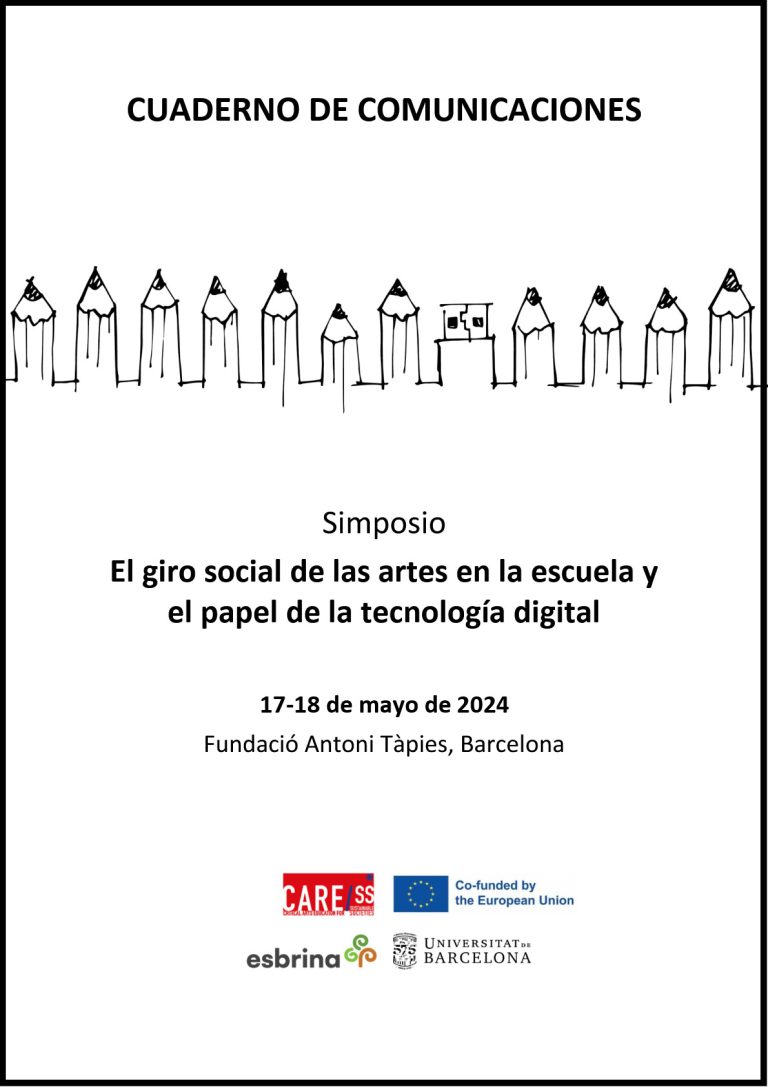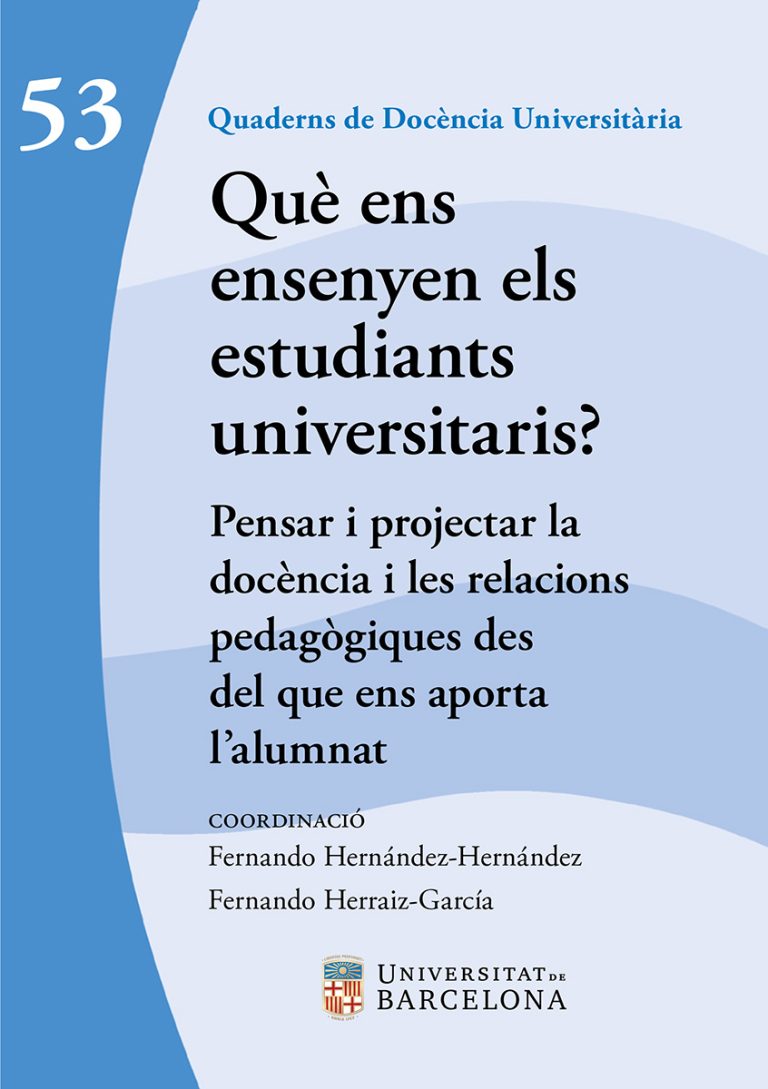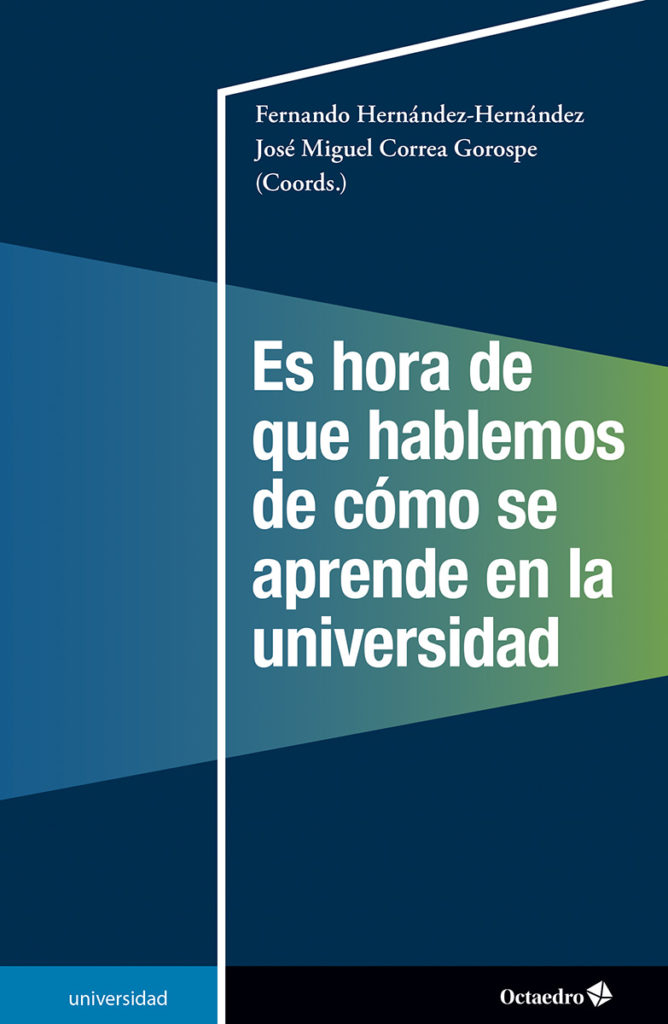
They say that current university students lack interest and curiosity. That they are more concerned about cell phones and what happens on virtual networks than about attending class. They are labeled as superficial and not inclined to read. They have high rates of anxiety, depression and suicide. They are obsessed with their emotional security. This makes them want to be safe from those who do not agree with them, which makes them fragile, hypersensitive and Manichean people. Thus, they are not considered prepared to face life, which is conflict, or democracy, which is debate.
As university professors, this situation worries and affects us. But we are cautious with this photograph. Although in our teaching practices we observe some of these attitudes, there are also students who go to university to debate and think critically, they are socially involved and demand the recognition of intersectional diversity, they rebel against injustices and look for alternatives to challenges that the contemporary world poses.
To understand this phenomenon, the research groups Esbrina, from the University of Barcelona, and Elkarrikertuz, from the University of the Basque Country, have carried out the TRAY-AP research, which is reported in this book. Aware that young people are affected by a social organization that favors individualism, the dispersion of attention, job and emotional precariousness, and dependence on digital technologies, we proposed an investigation that would focus on listening and collecting their learning trajectories. With this study, which we carried out with the students and not about them, we have tried, in addition to generating knowledge, to open paths so that the university takes into account who students are and how they learn.
Coordinators
- Fernando Hernández Hernández
- José Miguel Correa Gorospe
Octaedro, 2024
ISBN: 9788410054448
